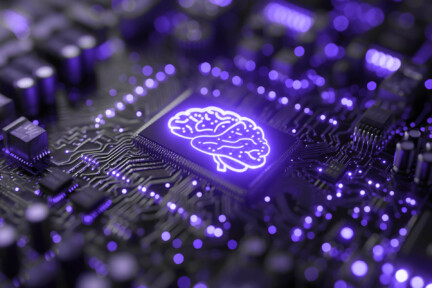

AI Bill of Rights Summary
What is the AI Bill of Rights?
The AI Bill of Rights is a framework proposed by the White House Office of Science and Technology Policy in 2022 to ensure that artificial intelligence (AI) systems are designed and used in ways that protect civil rights, privacy, and individual autonomy. Officially titled the "Blueprint for an AI Bill of Rights," this initiative outlines principles to guide the development and deployment of AI technologies, aiming to safeguard people from the potential harms of AI, including discrimination, bias, and privacy violations.
The AI Bill of Rights blueprint consists of five key principles:
- Safe and Effective Systems: AI systems should be rigorously tested for safety, security, and effectiveness. They must operate as intended and not harm users or society. This principle emphasizes ongoing monitoring and evaluation to ensure AI systems remain safe as they evolve.
- Protection from Algorithmic Discrimination: AI systems should be designed and implemented to prevent discriminatory outcomes based on race, gender, age, disability, or other protected characteristics. Fairness and inclusivity should be built into the core of AI systems to avoid perpetuating existing biases.
- Data Privacy: Individuals should have the right to privacy and control over their personal data. AI systems must ensure that data is collected, used, and stored securely, with transparency about how personal information is processed. Users should have the ability to consent to or opt out of data collection.
- Notice and Explanation: People should be informed when AI systems are being used and how these systems impact them. Clear, understandable explanations of AI decisions and operations should be available, enabling individuals to comprehend how the technology affects their lives.
- Human Alternatives and Oversight: Where appropriate, individuals should have the option to opt-out of AI-driven processes in favor of human alternatives. Additionally, there should be human oversight to ensure accountability and to address any mistakes or unfair outcomes generated by AI systems.
AI Bill of Rights: Purpose and Impact
The AI Bill of Rights is designed to set ethical guidelines for the use of AI, ensuring that technology serves and protects all individuals equally. As AI becomes more integrated into fields like healthcare, law enforcement and fintech development these principles aim to minimize the risks of AI-related harm, bias, and misuse. This framework serves as a roadmap for developers, policymakers, and organizations to prioritize human rights in AI development and deployment.
The AI Bill of Rights blueprint is a proactive step toward creating a legal and ethical foundation for responsible AI usage, ensuring that as AI systems become more powerful, they remain aligned with societal values and human dignity.
Ready to discover more terms?







